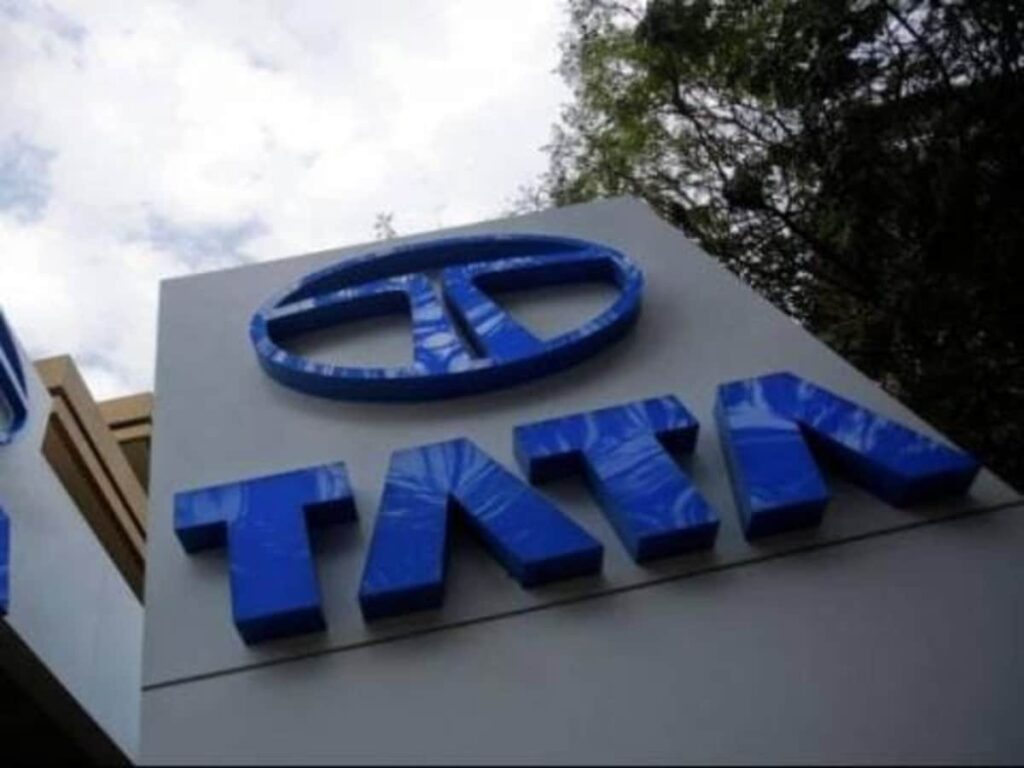When it comes to stocks from the Tata Group, discussions often revolve around powerhouse companies such as Tata Consultancy Services (TCS), Tata Steel, Tata Motors, and Tata Power. These companies boast market capitalizations in the millions and billions, reflecting their significant influence in various sectors. In this article, we will delve deeper into the Tata Group’s stock offerings, examining their performances, key factors affecting their valuations, and investment potential in the current market landscape.
Overview of Tata Group
The Tata Group is one of India’s largest and oldest conglomerates, with interests spanning multiple sectors including technology, steel, automotive, and power generation. Founded in 1868 by Jamsetji Tata, the group has a legacy of leadership in corporate ethics and innovation. Tata Group operates more than 100 subsidiaries, with a presence in over 100 countries worldwide.
Key Companies in the Tata Group
| Company | Sector | Market Cap (Approx.) |
|---|---|---|
| Tata Consultancy Services (TCS) | Information Technology | $170 billion |
| Tata Steel | Manufacturing | $22 billion |
| Tata Motors | Automobile | $22 billion |
| Tata Power | Energy | $10 billion |
Stock Performance Analysis
The stock performances of Tata Group companies have generally shown a resilient upward trend, with TCS being recognized as one of the top performers on the Indian stock exchanges. Tata Steel and Tata Motors have also shown significant growth potential, driven by domestic and international demand for steel and automobiles, respectively.
Tata Consultancy Services
TCS is a bellwether for the Indian IT sector and is known for its extensive portfolio of services, including consulting, software development, and technology solutions. The company has delivered consistent revenue growth and profitability, making its stock a popular choice among investors. Recent earnings reports have highlighted TCS’s adaptability and strong presence in emerging technologies such as AI and cloud computing.
Tata Steel
Tata Steel has been a pioneer in the steel manufacturing sector, continuously innovating in production processes to maintain efficiency and sustainability. Market dynamics such as global steel prices, supply chain constraints, and demand recovery post-pandemic impact the stock’s performance. The company’s strategic initiatives towards enhancing production capacities and entering new markets are also pivotal to its growth trajectory.
Tata Motors
As one of India’s leading automobile manufacturers, Tata Motors has made strides in both the passenger and commercial vehicle segments. The transition towards electric vehicles (EVs) represents a significant opportunity for the company. Recent collaborations and investments in EV technology suggest a strong commitment to capitalizing on this growing market, which is likely to positively influence its stock in the future.
Factors Influencing Tata Group Stocks
Several key factors can influence the performance of Tata Group stocks:
- Global Economic Conditions: Economic fluctuations globally can have a direct impact on the sales and profits of Tata Group companies.
- Government Policies: Regulations regarding manufacturing, trade tariffs, and incentives for renewable energy can affect stock performance.
- Market Demand: Shifts in consumer preferences, particularly towards technology and sustainability, can drive the growth of specific Tata firms.
- Innovation and Expansion: New product launches and expansions into international markets can enhance profitability.
Conclusion
The Tata Group remains a dominant player in various sectors with its robust portfolio of companies. Investors eyeing the Indian stock market should consider the growth potential and stability offered by Tata Group stocks. As these companies navigate challenges and capitalize on opportunities, they are well-positioned to sustain their strong market presence and deliver value to shareholders. Engaging in thorough research and keeping a pulse on industry trends will be crucial for making informed investment decisions within this conglomerate.
